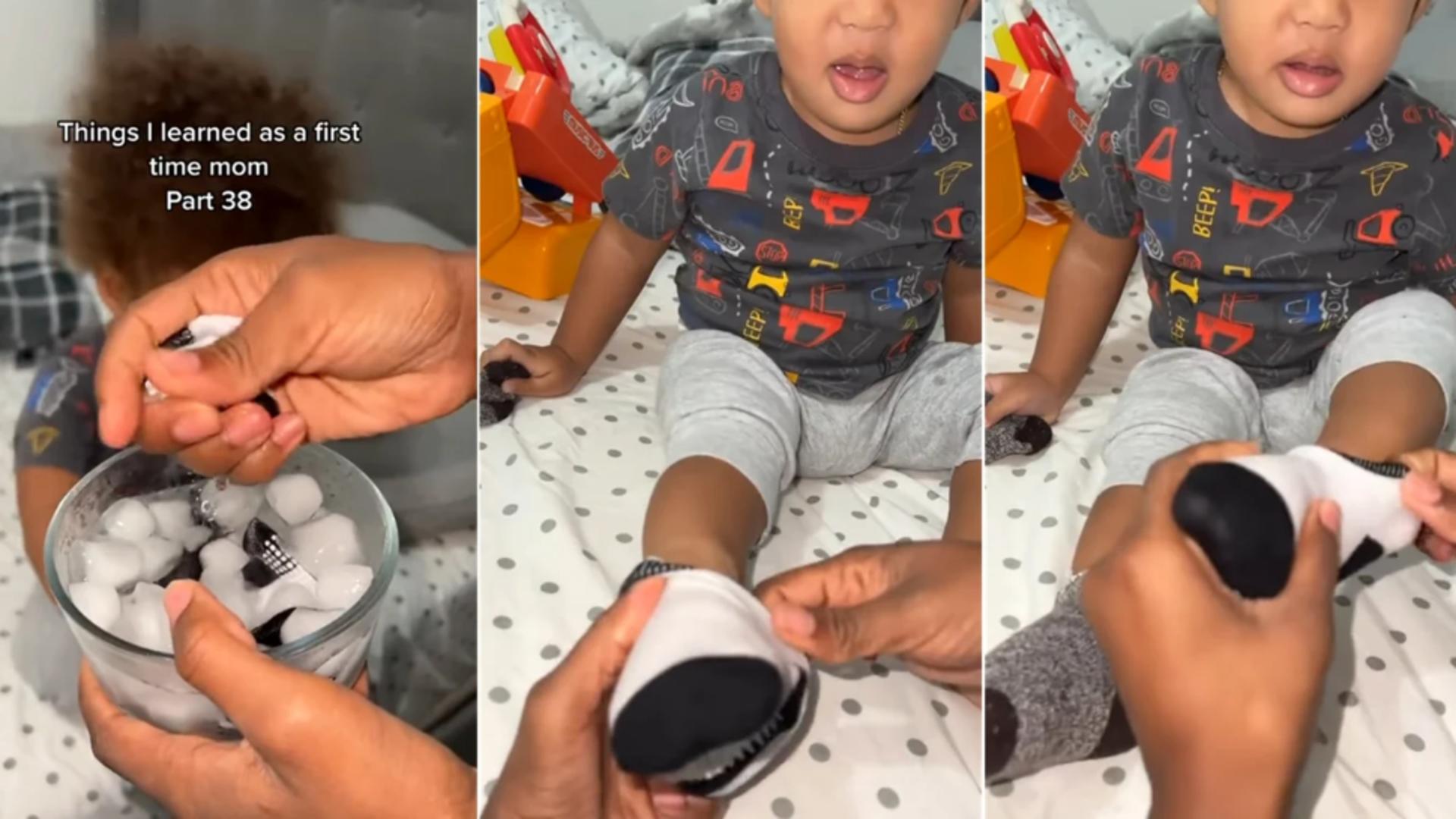ALBUQUERQUE, N.M. (KRQE) – The City of Albuquerque is taking a proactive approach to tackle the intertwined issues of drug addiction and homelessness. As part of the Metro Homeless Initiative, the city has completed a comprehensive study that sheds light on the current state of recovery housing and outlines the next steps in addressing these critical challenges.
Story continues below
NM teen helps USA team defeat Australia in junior bull riding competition
What’s happening around New Mexico August 23-29
The study reveals that Albuquerque has around 800 beds dedicated to recovery housing. However, there are significant gaps in availability, particularly for specific groups, such as by gender, religious preference, or financial capability. The report categorizes recovery housing into four levels, ranging from peer-led support environments to residential facilities staffed with licensed professionals.
Ellen Braden from the Department of Health, Housing, and Homelessness stressed the importance of recognizing the complexity of recovery, saying, “We have to start treating recovery like the chronic condition it is, requiring long-term, sustained care, and attention.”
One of the key recommendations from the study is a push for city-funded housing to adhere to national certification standards. Braden emphasized the value of this approach, “Having standardized, certified recovery housing ensures we are providing the best possible care and support for individuals in recovery.”
Alongside the study, Mayor Tim Keller announced the upcoming launch of the Recovery Gateway, Albuquerque’s first micro-community specifically designed to support individuals experiencing both homelessness and addiction, during his State of the City Address two weeks ago. Keller highlighted the importance of this initiative, saying, “This is about providing a continuum of care that meets people where they are and helps them on the path to recovery and stability.”
If you would like to read the study, click here.






_b48797d3ff.jpg)





















